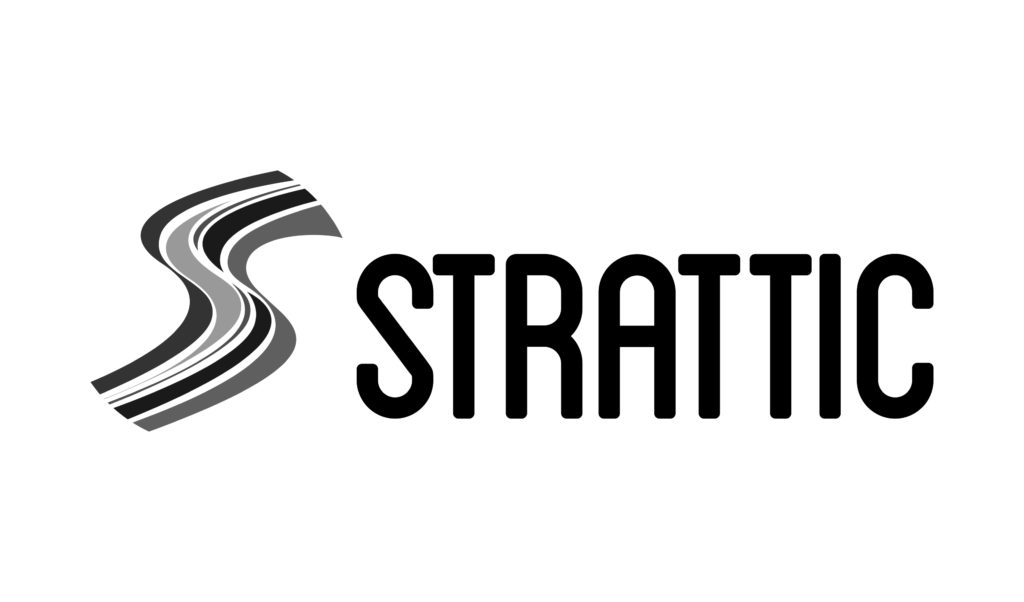
Startups #nofilter had the honor of sitting down with a startup that is set to disrupt for the better the entire farming industry in emerging markets. Farmster aims to expand market opportunities for 500 million small scale farmers worldwide by connecting them to a wider network of buyers. Click to read more interviews with startup founders.
In this interview, we discuss the digitization of this process, and how small farmers are reaping both crops and profits:
1. For those of us who don’t understand this economic ecosystem, explain to us what a ‘marketplace for small farms’ is.
In emerging economies such as Sub-Saharan Africa & Asia, 80% of agricultural produce is grown by small-scale farmers who typically comprise 60% of the workforce, and contribute to 25% of the GDP. Because these farms are scattered across huge areas and managed by 500 million farmers, marketing of this produce is a logistical nightmare. Farmster allows farmers to post their produce to an online marketplace, which is hosted on an app for buyers to then search for the

produce, make an offer, and connect with the farmer directly. This enables marketing to be done to a wider range of buyers, and before the harvest begins, allowing for planning and optimization.
2. You mentioned that 80% of farmers don’t have internet, so instead you reach them via SMS chatbot. That’s quite amazing. Out of curiosity, what percentage of farmers don’t even have SMS? And is the SMS chatbot more limited than the app?
Anyone who owns a mobile phone and has 1 bar of network coverage somewhere nearby can use SMS. In Africa & Asia, mobile coverage is around 85%. We assume that the 70% rural literacy rate (World Bank Data) is our actual limiting factor, not mobile phone access.
Yes, the chatbot is designed to be as simple as possible, and is designed for sellers (primarily farmers). All they need to do, after all, is add a listing (what village they live in, what they are growing, how much they expect to harvest, and when), receive a notification when a buyer makes an offer, and rate the buyer.
The app is designed primarily for buyers, although sellers may also use it.
3. Your website says that there are 2 billion worldwide farmers but they have very few potential buyers (of produce). Why is the number so low? Surely a motivated buyer is able to locate the farmers they are seeking in order to buy the produce that they need/want?
2 billion includes 500 million farmers and their households. What I mean is each farmer has only a few potential buyers. This tends to be his or her local marketplace or a few “middlemen” who buy directly from them and take to other buyers at a large markup (often, 50% or more).
It’s not as easy as you might think. Again, farmers don’t have the internet. Their only form of communication with the outside world is through a simple mobile phone which can do SMS or a phone call. One of our first customers was a large tomato paste factory in Tanzania that buys 250 tons of tomatoes every day. They have 10,000 phone numbers of farmers in their area who they know grow tomatoes. But they have no system in place to figure out which of those farmers has tomatoes available on any given day. You can imagine that making random phone calls doesn’t work very well.
See a customer story of the tomato plant here:
4. Does Farmster reduce prices for produce buyers once they connect with small farmers?
Indirectly. Farmster exposes produce to more buyers, which increases competition for small farmers. Many times, there is information asymmetry between what the farmer knows and what the buyer knows. If more buyers are competing / exposed to the same produce in very inefficient markets, prices for farmers will increase.
5. Have you experienced any blowback if a farmer isn’t able to fulfill his or her order with a buyer?
Not yet. We expect, like in any marketplace, blowback on both sides. Buyers can cheat sellers, and sellers can cheat buyers. We do have a rating system to penalize cheating. Also, our system is designed to create an agreement between buyer and seller over price and quality. The actual quality of produce, and the amount, are unknown until the farmer has harvested and the two meet. This is why we create a pre-agreement in which buyer agrees to pay $X for grade A tomatoes and $Y for grade B tomatoes.
6. How does Farmster make money? Do you take a cut of each sale?
Yes. 1% from the buyer and 1% from the seller, via mobile money.
7. How many active users do you currently have with the app as well as with SMS?
After launching a minimal product in Zimbabwe & Tanzania in March, we have hosted 310 listings in the marketplace so far, with an average value of $1,100 each. This involves about 250 sellers (via SMS) and 60 active buyers (on the app).
8. What is the one thing you are most excited about right now with Farmster?
We’re looking forward to launching our full product – Android App integrated to SMS Chatbot – in the coming weeks. This includes lots of new features, but the one I’m most excited about is the user profile that we hope will eventually be used to bring financial services to the unbanked (both farmers and small buyers).
9. You have probably met some interesting people over the course of your business while meeting small farmers in various countries. Any interesting stories or anecdotes that you can share with us?
It’s hard to explain to someone in the West how important agriculture is to so many people out there. It wasn’t until I lived in a village in Zambia that I really understood. My neighbor there, David, had a very heartbreaking story. His brother and he were caught poaching tortoises in a wildlife reserve and tragically his brother died after being shot by the game warden. David wasn’t a criminal in my mind – he and his brother were trying to make a living. Farming for them was a very risky business – and I suppose in some sense risking his life stealing tortoise eggs came as a result of agricultural challenges. When we brought irrigation to his community, he was the most enthusiastic about it. For him, having a source of water was one less risk on his farm. I hope someday David will be able to expand his farm and sell his produce through Farmster.
10. For fun: What website do you go to check when your internet isn’t working?
Don’t understand. If my internet isn’t working, how do I check websites? You mean to check if the internet is working or not? Google.
11. For fun: Any advice for Startup #nofilter?
I’ve seen startup promoters ask for Tshirts of startups to wear. Maybe you could do tattoos?
NO that’s a joke. Although as an investor, if an entrepreneur had the logo on his butt I might give it a second thought. But then again, if he had 3 crossed out above it… not so sure.


Editor of Startups #nofilter


